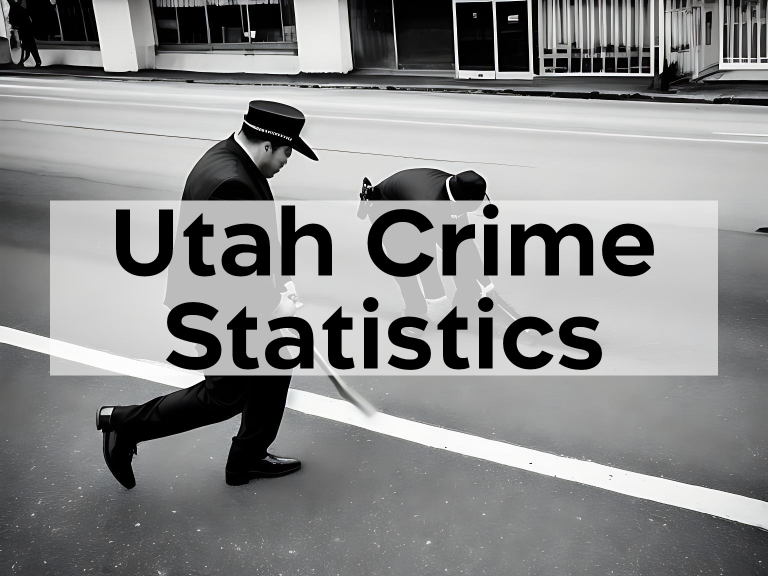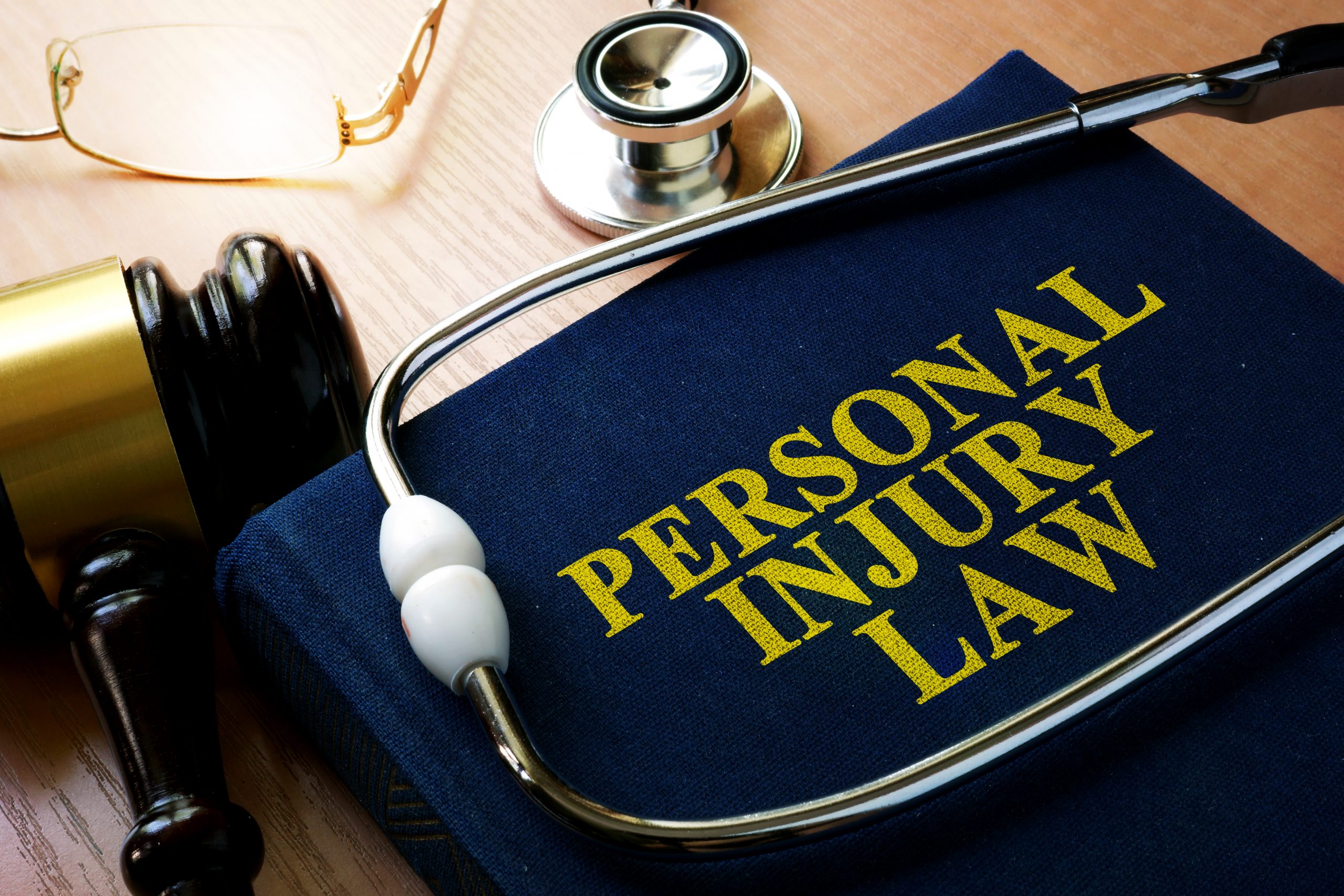DISCLAIMER: Altiorem Legal Services (hereinafter, “Altiorem”) cannot and does not provide legal advice. Altiorem is not a law firm; Altiorem’s staff are not attorneys, cannot act as attorneys, and do not act as attorneys; and any information provided by Altiorem in this article or otherwise is not a substitute for legal advice from an attorney. The information contained in this article should not be construed as legal advice, as it is not intended to be legal advice; the information in this article is provided for educational purposes only. Again, none of the information provided in this article should be construed as legal advice, and nobody should rely on or use the information contained in this article in their legal matters.
RULE 412 EVIDENCE: WHAT IS RULE 412?
Rule 412 of the Federal Rules of Evidence is an evidentiary rule that pertains to an alleged victim’s prior sexual history. An alleged victim’s prior sexual history can usually not be submitted as evidence in a sexual assault or sexual abuse hearing. The courts have decided that an alleged victim’s sexual history is irrelevant and cannot be brought into a court proceeding unless it is decided upon to be entered beforehand. Rule 412 aims to safeguard the alleged victim against the invasion of privacy, potential embarrassment, sexual stereotyping associated with public disclosure of intimate sexual details, and infusing sexual innuendo into the factfinding process. Rule 412 is designed to encourage victims of sexual misconduct to institute and participate in legal proceedings against alleged offenders. Rule 412 applies to both civil and criminal proceedings. However, there are some exceptions to Rule 412.
Rule 412 states:
The following evidence is not admissible in a civil or criminal proceeding involving alleged sexual misconduct:
- Evidence offered to prove that a victim engaged in other sexual behavior; or
- Evidence offered to prove a victim’s sexual predisposition.
Exceptions:
- Criminal Cases. The court may admit the following evidence in a criminal case:
- Evidence of specific instances of a victim’s sexual behavior, if offered to prove that someone other than the defendant was the source of semen, injury, or other physical evidence;
- Evidence of specific instances of a victim’s sexual behavior concerning the person accused of the sexual misconduct, if offered by the defendant to prove consent or if offered by the prosecutor; and
- Evidence whose exclusion would violate the defendant’s constitutional rights.
- Civil Cases. In a civil case, the court may admit evidence offered to prove a victim’s sexual behavior or sexual predisposition if its probative value substantially outweighs the danger of harm to any victim and of unfair prejudice to any party. The court may admit evidence of a victim’s reputation only if the victim has placed it in controversy.
Rule 412 does not prohibit the alleged offender from seeking evidence that is believed would challenge the alleged victim’s credibility and would facilitate further investigation by the defense. Rule 412 only precludes the use of evidence in proceedings when offered to prove that a victim engaged in other sexual behavior or if offered to prove a victim’s sexual predisposition.
An instance of this includes, for example, when the alleged victim has had previous cases regarding sexual abuse that are significantly similar to the case at hand. To further illustrate, if an alleged victim has made a sexual assault claim against an acquaintance (claim A) and has a similar sexual assault claim against another acquaintance (claim B), and claim B is found to be baseless, then claim B and be used and introduced as evidence into the court proceedings to discredit claim A. However, one cannot use evidence of a victim’s prior sexual history that is irrelevant to the case. Furthermore, a victim’s sexual promiscuity cannot be brought up in a case unless it is relevant to the case.
WHAT IS REQUIRED IN A RULE 412 MOTION?
Procedure to Determine Admissibility
- Motion. If a party intends to offer evidence under Rule 412(b), the party must:
- file a motion that specifically describes the evidence and states the purpose for which it is to be offered;
- file the motion at least 14 days before trial unless the court, for good cause, sets a different time;
- serve the motion on all parties; and
- notify the victim about the motion or, when appropriate, the victim’s guardian or representative.
- Hearing. Before admitting evidence under Rule 412, the court must conduct an in-camera hearing and give the victim and parties a right to attend and be heard. Unless the court orders otherwise, the motion, related materials, and the record of the hearing must be and remain sealed.
An in-camera hearing refers to a meeting in the judge’s chambers. Such hearings remain private to protect the victim’s privacy.
In conclusion, it is possible to get the sexual history of an alleged victim into a hearing if the proper steps are taken, and the evidence is relevant to the case. It is important to have an experienced legal professional draft the Rule 412 motion, as specific elements must be included in the motion for it to succeed. Do not risk drafting the motion alone; contact us today, and we will draft the motion for you at a much more affordable rate than you would pay an attorney.
CONTACT US TODAY!
Do you need help with a Rule 412 motion? Let Altiorem help you today with affordable, top-quality legal services.
Expertise. We are knowledgeable, skilled, and experienced in the process of Rule 412 motions and in drafting all manner of legal documents, such as briefs, pleadings, motions, memoranda, letters, contracts, etc. If you need a top-quality, professional, excellently written, well-researched, and compelling legal document drafted, then look no further!
Quality. We produce top-quality, properly written legal documents with impeccable grammar, punctuation, spelling, structure, flow, information, compelling legal arguments, and persuasive legal conclusions. You can see the quality of our work on our work samples page, where you can peruse and evaluate our writing, as well as our other blog posts.
Experience. Our paralegals are highly experienced in working with attorneys, other paralegals, and court personnel.
Customer Care. Navigating the Utah legal system can be daunting and confusing. Let Altiorem relieve your stress and be your guide. Altiorem has a team of professional paralegals ready to work for you. We want to give you the best chance at getting an outcome for your case that you will be happy with. We are happy to receive documents via email from you, speak with you on the phone, look through court files, or even translate documents (English / Spanish)!
Accessible. If you are interested in retaining our services, we can be contacted at (801) 855-6541 (text or call) and at altiorem@altioremlegalservices.com. If you have a project in mind that you would like us to work on, please click here to send us a project request and get a quote. Alternatively, you can send us an email detailing the work you need to be performed, and a real person will respond promptly.
Thank you for your attention and consideration.



